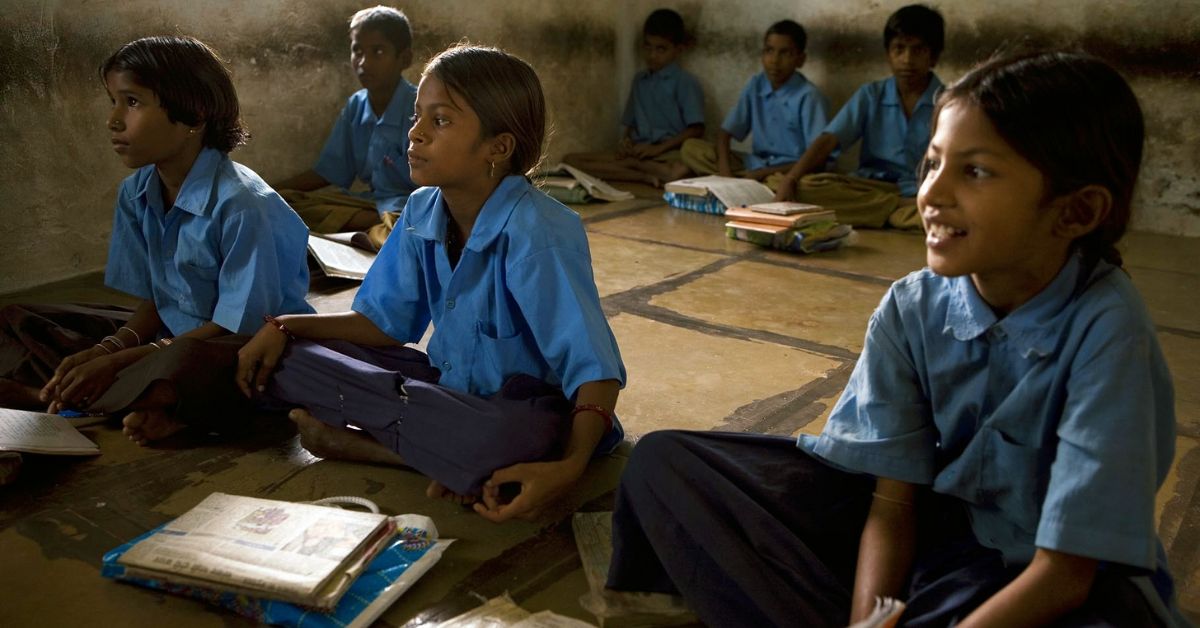Introduction:
Access to education is one of the most fundamental human rights. It is the key to unlocking an individual's full potential, and it is a powerful tool for driving social and economic progress. However, despite progress in education globally, there are still significant barriers that prevent millions of people from accessing education. In this article, we will explore the importance of access to education, the current state of education around the world, the challenges faced by those who lack access to education, and the potential solutions to break down those barriers.
Access to education refers to the ability of individuals to acquire knowledge and skills through formal or informal channels. Formal education refers to education provided by schools, colleges, and universities, while informal education includes any learning that takes place outside of traditional educational settings, such as through apprenticeships, on-the-job training, or self-directed learning. Access to education is a fundamental human right recognized by the United Nations, and it is enshrined in various international treaties and declarations.
Facts
According to UNESCO, over 258 million children and youth worldwide were out of school in 2018. This includes 59 million primary school-aged children, 62 million lower secondary school-aged children, and 138 million upper secondary school-aged youth.
Girls are more likely to be excluded from education than boys, and children living in conflict-affected areas are almost five times more likely to be out of school than those living in non-conflict-affected areas. The COVID-19 pandemic has also exacerbated existing educational inequalities, with school closures affecting an estimated 1.6 billion learners worldwide.
Access to education is not just about getting children into school, but also about ensuring that they receive a quality education. According to the World Bank, more than half of all children in low- and middle-income countries cannot read and understand a simple story by the end of primary school.
This highlights the importance of not just increasing access to education but also improving the quality of education provided.
Challenges
There are many factors that can prevent individuals from accessing education. Poverty is a major barrier, as families may not be able to afford the costs associated with schooling, such as uniforms, books, and transportation. Discrimination on the basis of gender, race, ethnicity, religion, or disability can also limit access to education. Conflict and displacement can disrupt schooling, and in some cases, schools may be targeted directly.
Even for those who are able to attend school, there may be barriers to receiving a quality education. Overcrowded classrooms, inadequate facilities, and a lack of trained teachers can all contribute to low-quality education. In some cases, the curriculum may not be relevant to the needs of the students or the local context, which can lead to disengagement and dropout.
Solutions
There are many potential solutions to improve access to education and ensure that learners receive a quality education. These include:
Eliminating fees: Governments can eliminate or reduce school fees to make education more affordable for families.
Providing scholarships: Scholarships can help disadvantaged students access education and can incentivize high-performing students to continue their studies.
Investing in infrastructure: Governments can invest in building and maintaining schools, providing adequate facilities, and ensuring that schools are accessible to all.
Recruiting and training teachers: Governments can recruit and train more teachers, and ensure that they are adequately compensated and supported in their work.
Adapting the curriculum: Curriculum should be relevant to the needs of the students and the local context, and should focus on developing critical thinking and problem-solving skills.
Providing alternative learning opportunities: Informal education, such as vocational training or apprenticeships, can provide alternative pathways to education for those who may not be able to access formal schooling.
Addressing discrimination: Governments can take steps to address discrimination on the basis of gender, race, ethnicity, religion, or disability, and ensure that all learners have equal access to education.
Providing support for learners with special needs: Special needs education can help learners with disabilities or other learning challenges access education and thrive in the classroom.
Addressing conflict and displacement: Governments can work to ensure that schools are protected during conflicts, and provide education for displaced children in camps or other settings.
Leveraging technology: Technology can be used to provide access to education in remote or underserved areas, and can also be used to enhance the quality of education provided.
Conclusion
Access to education is a fundamental human right that is essential for personal development and social and economic progress. Despite progress in education globally, there are still significant barriers that prevent millions of people from accessing education.
Poverty, discrimination, conflict, and inadequate infrastructure are just some of the challenges that must be addressed. However, by investing in education and implementing solutions to improve access and quality, we can ensure that all learners have the opportunity to reach their full potential and contribute to a brighter future for themselves and their communities.


Comments
Post a Comment